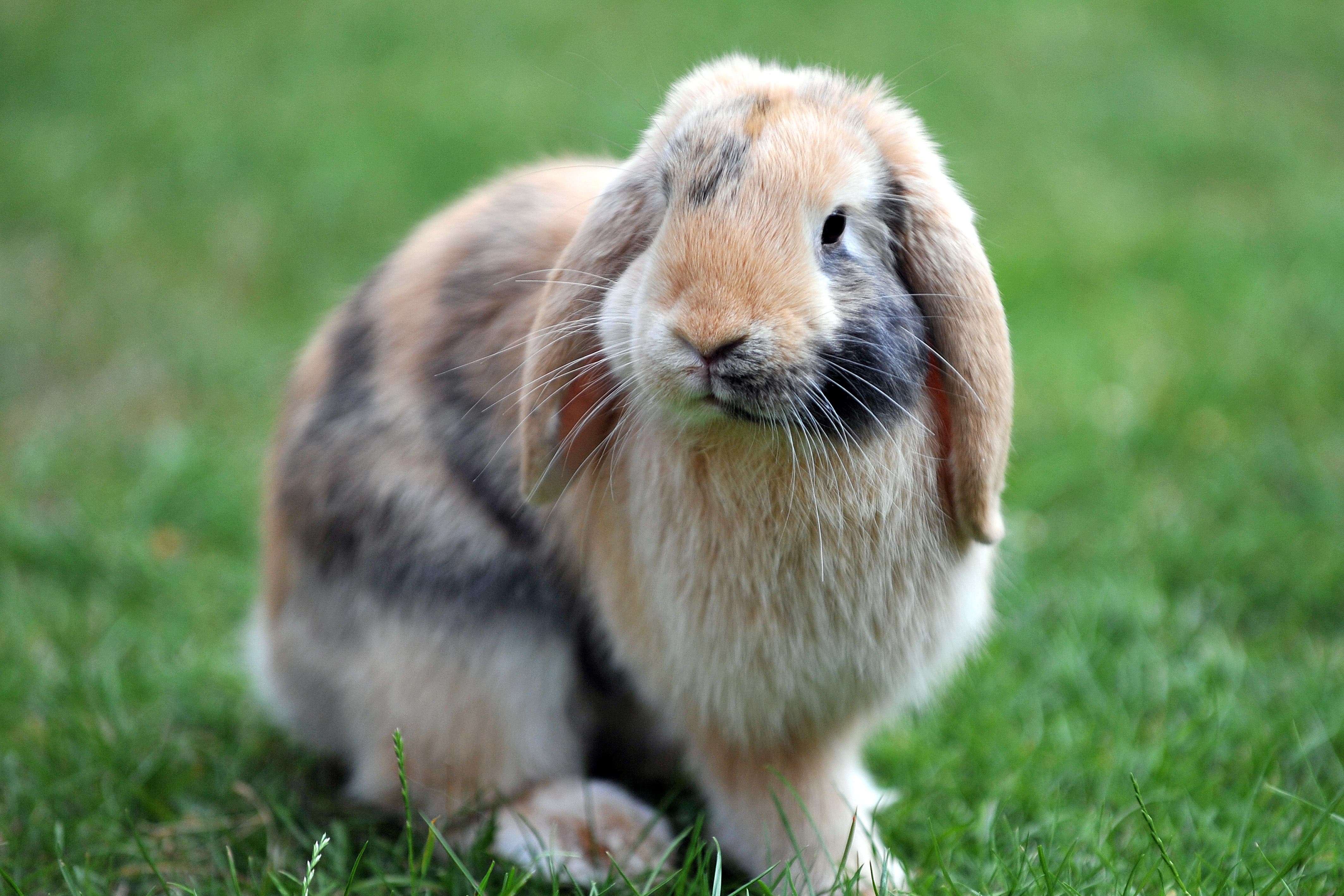Fifth of pet rabbits in UK have painful or debilitating ear disease – research
The findings suggest increased recognition is needed because of the harms associated with the ear issues and rabbit welfare.

Your support helps us to tell the story
From reproductive rights to climate change to Big Tech, The Independent is on the ground when the story is developing. Whether it's investigating the financials of Elon Musk's pro-Trump PAC or producing our latest documentary, 'The A Word', which shines a light on the American women fighting for reproductive rights, we know how important it is to parse out the facts from the messaging.
At such a critical moment in US history, we need reporters on the ground. Your donation allows us to keep sending journalists to speak to both sides of the story.
The Independent is trusted by Americans across the entire political spectrum. And unlike many other quality news outlets, we choose not to lock Americans out of our reporting and analysis with paywalls. We believe quality journalism should be available to everyone, paid for by those who can afford it.
Your support makes all the difference.Around a fifth of pet rabbits in the UK have painful or debilitating ear disease, but it may be under-diagnosed and under-treated, with lop-eared and older rabbits most at risk, research suggests.
Research by the Royal Veterinary College (RVC) found that affected rabbits are less likely to display binkying behaviour – joyful jumps – and are more likely to have a reduced overall quality of life.
A questionnaire by the college found that around a quarter of pet rabbits in the sample were reportedly affected by ear conditions that were painful and/or impaired their hearing.
The findings suggest increased recognition is needed because of the harms associated with the issues and rabbit welfare.
Rabbits are well known for their long ears, but it’s awful to think that, beneath the surface, many rabbits are experiencing painful ear infections or deafness
According to the RVC, ear conditions can represent considerable animal welfare issues because they can cause pain, hearing impairment and loss of balance.
Dr Charlotte Burn, associate professor in animal welfare and behaviour science at the RVC, said: “Rabbits are well known for their long ears, but it’s awful to think that, beneath the surface, many rabbits are experiencing painful ear infections or deafness.
“We want to raise awareness of this because rabbits often hide their pain, and sometimes it can be hard to tell if they can hear properly.
“It’s also worrying that nearly a quarter of owners who suspected that their rabbits had ear problems had apparently not taken their rabbits to a vet for treatment or pain relief.
“Some rabbits with ear problems frequently scratch at their ears, shake or tilt their heads, or avoid you touching their ears.”
Although ear diseases are described as common in rabbits, prevalence estimates vary, with one study finding 3.5% of the animals will experience certain ear conditions over their lifetime.
Ear conditions can be difficult to recognise in rabbits and can be easily missed. Experts say signs of pain and hearing loss can include unresponsiveness and reduced activity.
Owners and vets can miss these, especially if long term, and rabbits may hide pain when humans are present, so the experts suggest the true prevalence could be higher.
If your rabbit is relatively inactive, they could be in their own silent world of pain from an ear problem or from something else, so do get them checked by a vet
By conducting an online questionnaire, researchers at the RVC investigated the nature and scale of ear conditions as a welfare issue in UK pet rabbits, including reports by owners and veterinary diagnosis.
Of the 551 responses, 49% of rabbits were reported as having lop-ears, 43% erect ears and the remainder either asymmetrical (one erect ear and one lop) or approximately horizontal ears.
The research found that more than a quarter (29%) of rabbits were reported by owners to have at least one ear problem, while 21% had been officially diagnosed by their vet, including 32% of half-lops and 25% of lop-eared rabbits, compared with 10% of erect-eared rabbits.
The most common ear conditions indicated by a vet were ear infections.
Owners reported that 16% of rabbits had impaired hearing, 14% had an ear-related problem that reduced quality of life, and 7% had a perceived pain response when owners looked in the ears.
Some 11% of rabbits with a vet-indicated ear problem were reported to flinch and pull away during examination.
The study also found that the animals with ear pain responses were three times less likely to perform binkying behaviour and three times more likely to have a perceived reduction in overall quality of life, according to their owners.
Dr Burn added: “This study also shows that rabbits with ear disease may not respond to regular important sounds, like the rustling of a treat packet, and they rarely binky about, which suggests that they may not feel like playing as much as other rabbits do.
“If your rabbit is relatively inactive, they could be in their own silent world of pain from an ear problem or from something else, so do get them checked by a vet.”